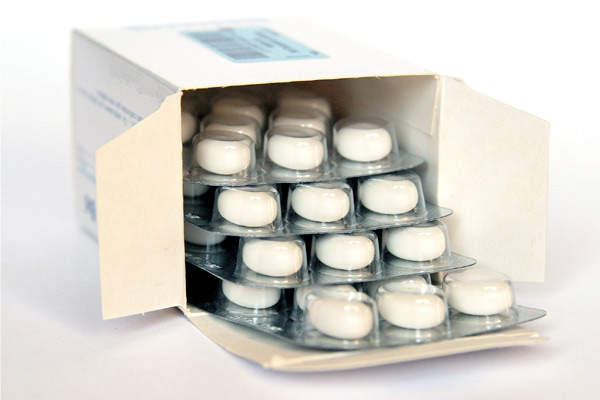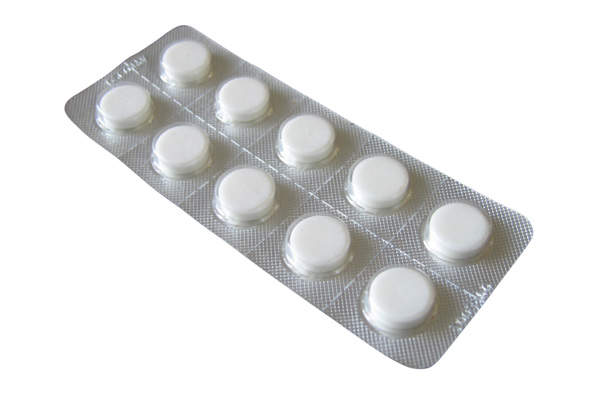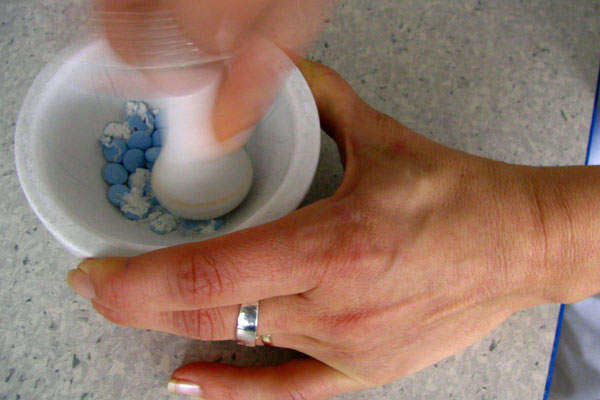A leading provider of contract manufacturing and packaging services, Norwich Pharmaceuticals has served the pharmaceutical industry for over a decade. In 2009, the company announced that it had invested $3m in a potent compound development facility at its Norwich site. The investment marks the company’s efforts to establish itself in the field of biopharmaceutical product development.
The facility comprises infrastructure, controls and specialised equipment needed to assist a pilot scale formulation and clinical trial material (CTM) manufacture for the development of high-potent compounds in three dosage forms – solid, semi-solid and liquid. It would also produce fast-dissolving and controlled-release medicines.
Norwich Pharmaceuticals facility
The Norwich plant is a state-of-the-art facility, combining sophisticated equipment and capabilities. Maintained scrupulously, the 375,000ft² plant features a small-scale manufacturing facility and an intermediate potency suite. There are a set of modules that are headed by an independent area owner.
Equipment required for clinical trials as well as commercial production is integrated in the plant. It helps to reduce the time taken for drug development and obtaining necessary regulatory approvals.
The manufacturing facility handles the clinical trials and smaller volume needs, while the potency suite supports requirements of dry blending and intermediate-potency tablet products.
Plant equipment and systems
The equipment of the pilot scale facility features a fluid bed, high-shear granulator, tablet press, coating pan, a v-blender and a bin blender. At full brim, the fluid bed granulates 46l of pharmaceutical particulate material that is pumped through a peristaltic pump. Manufactured by Fluid Air, the 0050 fluid bed runs at a maximum inlet temperature of 90°C.
The high shear granulators are GMX-75 class model manufactured by Vector. It has a capacity of granulating 75l at full brim. The granulators can also be equipped with an additional jacketed bowl.
The equipment’s rotary tablet press is manufactured by SMI. The fully equipped Piccola model tablet press is small enough to fit on a table top. It has ten stations, and uses standard B-tools.
The coating pan is manufactured by Thomas. Although the Compu-Lab 36 XR coating pan model is equipped with a 24in pan, it has the option of using additional pan sizes ranging from 15in to 36in. It also comprises a hydrocarbon dew point control unit.
To mix particulate material of pharmaceuticals, a v-blender manufactured by Patterson-Kelley (PK) has been installed. The v-blender has a capacity of 2ft³. It has the additional option of an intensifier bar.
LM-40 bin blenders are being installed to homogenise the particulate material. Manufactured by LB Bohle, the bin blenders can blend approximately 40kg.
The heating, ventilation and air conditioning (HVAC) system at the facility is designed for 20 room air changes an hour. High-efficiency particulate air (HEPA) filtration provided in the HVAC system ensures that cross contamination does not occur.
To ensure that the compounds are completely contained, normal entrance and departure to the facility is via an airlock system, which has been installed with separate airlocks for equipment and material. A control system has been dedicated to monitor the environment of the potent compound development facility.
Manufacturing
The scale-up process using high-shear granulators includes the vertical wet high shear, after the fluid is delivered via a peristaltic pump.
The particulate pharmaceutical material is diffused using the v-blender. The particulate material is homogenised by LM-40 bin blenders.
Pharmaceutical particulate material is pumped through a peristaltic pump. The fluid bed granulates the particulate material pumped. The granulation process scales-up from direct heating to fluidised solids bed, prior to the fluid bed granulator. An air flow rate of 100ft³-700ft³ a minute is maintained during the process.
The tablet press is scaled up using a gravity feed and a power-assisted mechanism. The coating process includes pan coating in a large perforated open area. Air flow is maintained at 100ft³-1,000ft³ a minute, while the maximum inlet temperature is 85°C.






